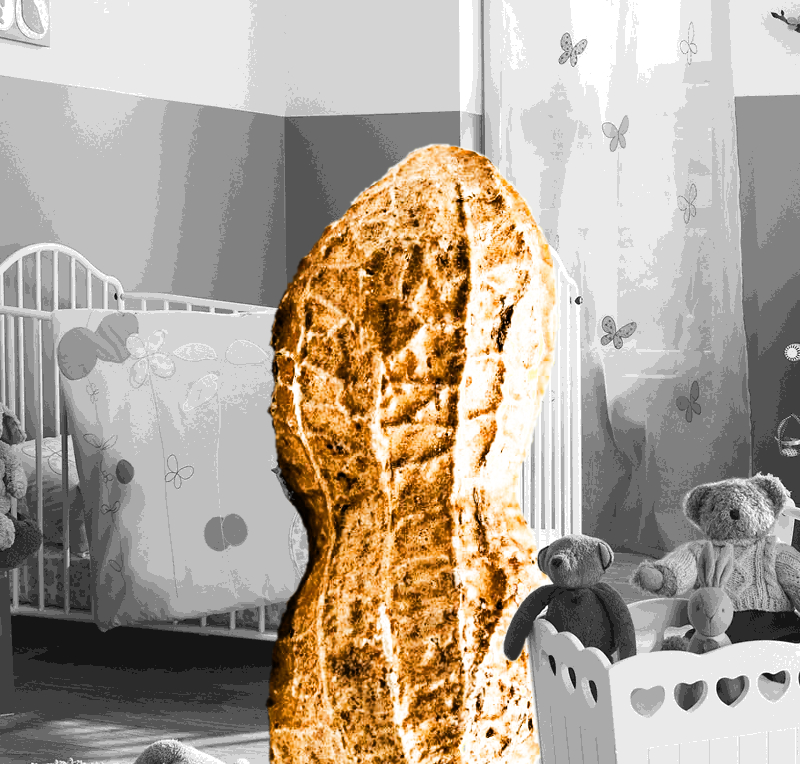Clean criticism for allergy capital
 Melbourne - the world's most liveable and allergic city.
Melbourne - the world's most liveable and allergic city.
Global experts have been in Melbourne for the International Congress of Immunology, seeking solutions for an increase in food allergies by visiting the centre of the problem.
The conference saw Australian researchers leading efforts to change the advice given to new parents on how to best protect their babies from developing food allergies.
Australia's Centre for Food & Allergy Research guidelines for infant feeding now say peanut paste, eggs and milk should be gradually introduced, shortly after solids and not before four months of age.
The US and Europe are reportedly following Australia’s lead, with international consensus growing.
“We are leading the way because we have a massive problem,” Professor Katie Allen from Murdoch Childrens Research Institute told reporters.
“Australia does appear to be the food allergy capital of the world.”
But she said some Melbourne parents are still so afraid of allergic reactions that they park outside the Royal Children's Hospital to test their babies on peanut butter.
Professor Allen told the conference there are a number of theories about what is causing the continued rise in food allergies for developed countries in recent years.
Being obsessed with cleanliness, distance from the equator, vitamin D deficiencies, and genetics were among the theories.
One piece of the puzzle is vitamin D and the possibility that Australians are more prone to allergy because it does not add it to milk.
“We've found in previous studies that children with food allergy are more likely to have low vitamin D levels,” Professor Allen said.
Professor Hamida Hammad, from Belgium, is working with children exposed to dust on dairy farms, who appear to gain protection against asthma and allergies.
She says farm dust produces a protein called A20, which protects kids from inflammation responses, so day-care centres are now being built on farms in Europe to expose small children to farm material.
“Children from a very low age, before the age of two, need to be exposed to certain environmental triggers like farm dust or bugs and this will induce the increased expression of this protein A20 in their structural cells in their lungs,” Professor Hammad said.








 Print
Print